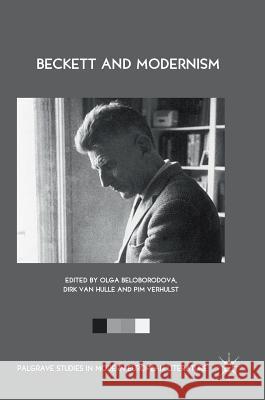Beckett and Modernism » książka
topmenu
Beckett and Modernism
ISBN-13: 9783319703732 / Angielski / Twarda / 2018 / 295 str.
Kategorie:
Kategorie BISAC:
Wydawca:
Palgrave MacMillan
Seria wydawnicza:
Język:
Angielski
ISBN-13:
9783319703732
Rok wydania:
2018
Wydanie:
2018
Numer serii:
000453773
Ilość stron:
295
Waga:
0.52 kg
Wymiary:
21.01 x 14.81 x 1.91
Oprawa:
Twarda
Wolumenów:
01
Dodatkowe informacje:
Wydanie ilustrowane











